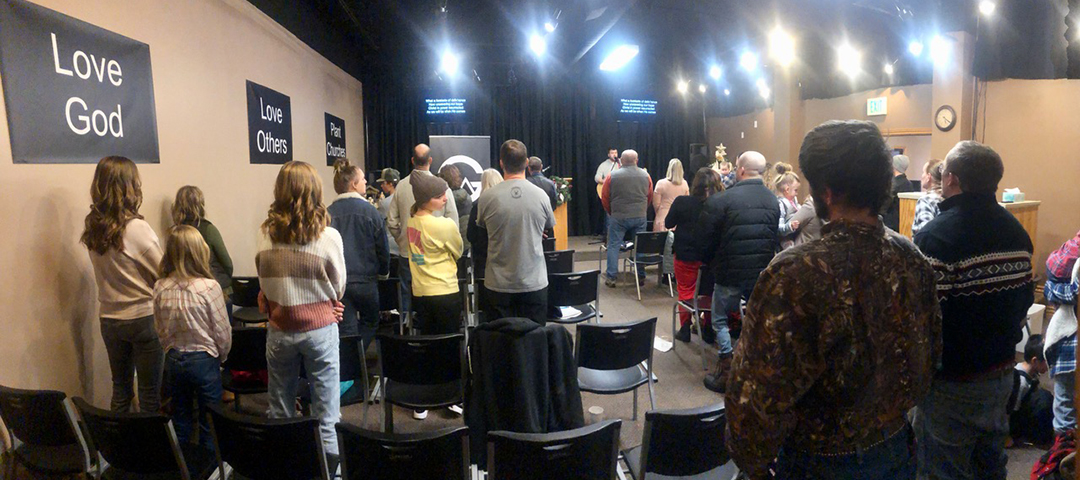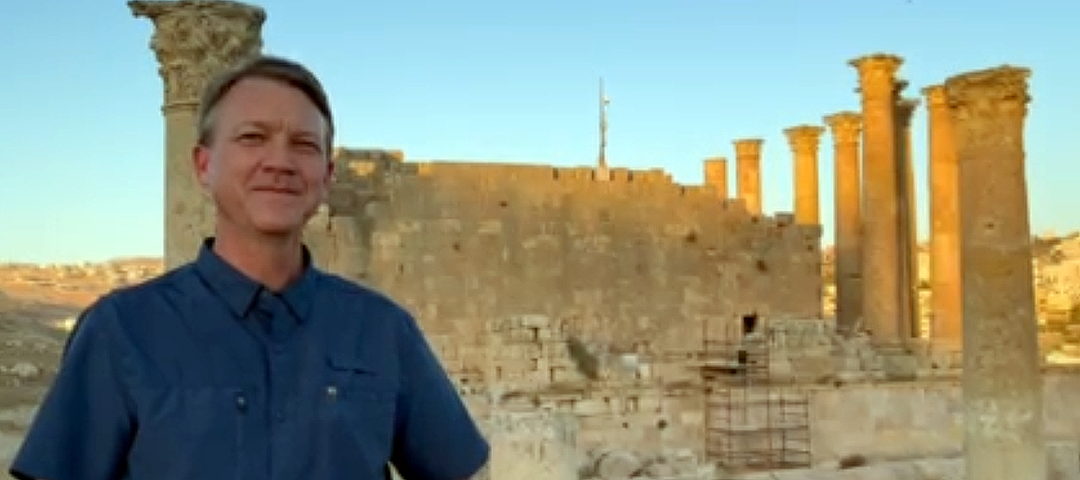
Instead of Shutting the Door, Open the Bible
March 1, 2022
We are the Scaffolding, Not the Edifice
March 8, 2022Leading your church in being a healthy and growing congregation of believers means that you must stop doing certain things. While there are many “must dos” there are also many “must don’ts” that require honest evaluation. They are things that, if you continue to practice them, will cause you and your church to remain plateaued or even headed in a downward death spiral. Refusing to stop doing these things could very well lead you to a place where you will crash and burn . . . emotionally, spiritually, and physically.
1) Stop ignoring the importance of your quiet time and building your personal intimacy with Christ. A.W. Tozer said, “God doesn’t have favorites, but He does have intimates.” If you are not careful you will know a lot about God but not really know Him personally. What are you doing to ensure that your personal relationship with your heavenly Father is close, intimate, and vibrantly alive? There is a huge difference between having knowledge of God and having a deep relationship with God. Do you know more about Him than you actually know Him personally?
2) Stop talking about prayer and pray. It is a discipline that takes a lot of time and dedication to develop but is well worth the journey. Bill Elliff, in Simply Prayer, reminds us of the need to begin prayer with adoration, “Our Father who is in heaven, hallowed be your name.” Are you worshiping Him daily? Are you slowing down long enough to focus on His presence? While there, what do you notice about who He is and how He operates? Bill says, “Don’t rush this moment in prayer. It will set the tone for the rest of your praying. Let a vision of God fill your soul and direct your praise.”
3) Stop deciding what you will do each day. Bill Bright used to lay his calendar before the Lord every morning and ask Him what needed to be removed and what needed to be added. He sought to make sure that everything was run through the filter of obeying the Great Commission. We should also pray, “Your kingdom come, your will be done in earth as it is in Heaven.” Every day should begin by focusing on aligning with God’s purpose for you and for that day. Stop striving to get God to do what you want through persuading Him to bless what you have planned.
Bill Elliff reminds us that Jesus listened to His Father in heaven and did only what the Father initiated. Planning is important and calendars are good but we must remain sensitive to the leading and prompting of the Holy Spirit. Jesus made it clear that He could do nothing of His own initiative. Are you living by divine initiation? If you are not careful, you can schedule God’s divine interruptions right out of your day because it was not on your calendar. It is good to be goal and time driven, but it is even better to take your goals and your calendar and allow them to be controlled by the Holy Spirit.
4) Stop believing your critics. Yes, everyone has them and unfortunately, they impact us far more than we like to admit. If we are looking for our sense of worth and accomplishments in what others say, there will always be the temptation to allow the praise to corrupt us and the criticism to crush us. One of the enemy’s greatest weapons is accusatory words. Satan is the accuser of the brethren (Revelation 12:10), and it brings him great joy when he’s allowed him to be a spokesperson and use those words. Words do hurt, and accusatory ones can be vicious in nature or in the way they are said.
5) Stop trying to do it by yourself. In Exodus 18:17-18 Moses was trying to handle everything himself and received some very wise counsel. “What you’re doing is not good,” Moses’ father-in-law said to him. “You will certainly wear out both yourself and these people who are with you, because the task is too heavy for you. You can’t do it alone.” Great advice, because exhaustion and burn-out are real if you do not find some margin in your life. It is easy to just keep saying yes and doing more and more and more, but you must begin saying no to some things in order to say yes to others.
Maybe you want others to help, but right now there just isn’t anyone available. First, usually there is someone. Realize that you can burn the candle at both ends for a season, but you cannot sustain that pace forever. Begin praying for God to raise up leaders out of the harvest and begin pouring into them and training them. If you do not have someone to oversee and direct that ministry, maybe you don’t need it. That is hard, but it is better to do a few things well than to do many things poorly. Do you have a discipleship pathway that leads into a leadership pipeline?
6) Stop wondering if there is any hope for your church. As long as Jesus is on His throne and at work, there is always hope. Your labor is not in vain. John Maxwell said, “Where there is not hope in the future, there is not power in the present.” Remember: Just because you cannot see the way does not mean God doesn’t have a way for you and your church. There is power in the present and real hope when you place a radical trust in God that includes a candid admission that you do not know the details of the future. What you do know – that He is God – far outweighs what you do not know.

